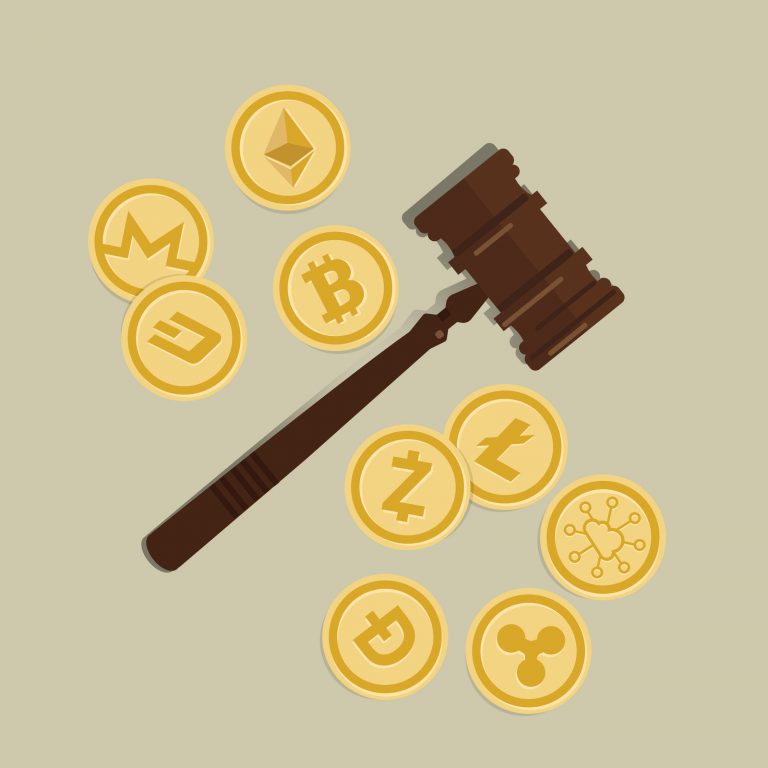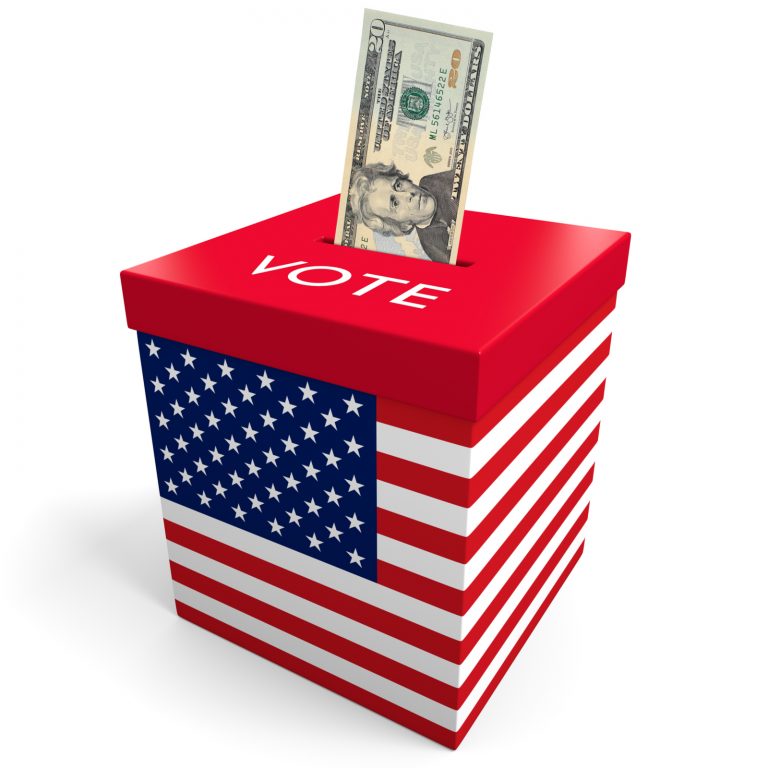
2018-12-11 05:50 |
Carol Goforth is a professor at the University of Arkansas School of Law. She recently published a paper about the consequences of having cryptocurrency regulations fall under a number of conflicting laws, defined by various U.S. authorities, all at the same time.
Also Read: IRS to Face Record Number of Crypto-Related Loss Claims
Confusing, Prohibitive and Expensive RegulationsCrypto assets are currently regulated in the U.S. as property by the Internal Revenue Service (IRS), as money by the Department of Treasury’s Financial Crimes Enforcement Network (Fincen), as commodities by the Commodity Futures Trading Commission (CFTC), and as securities by the Securities and Exchange Commission (SEC). Additionally, every single state has its own set of laws that may apply to crypto, and some have even adopted unique regulatory approaches towards the matter.
This has produced a set of overlapping rules and confusing requirements that is likely to hamper innovation in the American crypto industry, according to law professor Carol Goforth. Moreover, the expenses associated with complying with all of these obligations can be prohibitive and time-consuming for U.S. crypto businesses such as exchanges. And with the added risk of investigations and enforcement actions, “it is easy to see why the U.S. is not regarded as being receptive to crypto,” she explained in her paper.
A Paradigm Shift Is RequiredUnfortunately, professor Goforth has determined that it is unlikely that the U.S. will do away with any of the aforementioned bodies or limit the jurisdiction of existing agencies so as to consolidate regulatory power. This is because prior attempts to consolidate functions of different financial regulators have failed, legislators think that existing authorities have differing areas of expertise, and the courts have approved the situation.
It therefore behoves these agencies to get together and make a concerted effort to coordinate enforcement and regulatory oversight based on a more nuanced approach. “This change in perspective requires a paradigm shift that moves away from treating crypto as a single kind of asset, when in reality, it is not. Hopefully, American regulators will realize this, and act on this reality, sooner rather than later,” she concluded.
How should US-based cryptocurrency innovators deal with confusing regulation? Share your thoughts in the comments section below.
Images courtesy of Shutterstock.
Verify and track bitcoin cash transactions on our BCH Block Explorer, the best of its kind anywhere in the world. Also, keep up with your holdings, BCH and other coins, on our market charts at Satoshi’s Pulse, another original and free service from Bitcoin.com.
The post US Law Professor: Confusing Cryptocurrency Regulations Will Hamper Innovation appeared first on Bitcoin News.
origin »Bitcoin price in Telegram @btc_price_every_hour
Global Cryptocurrency (GCC) на Currencies.ru
|
|



























